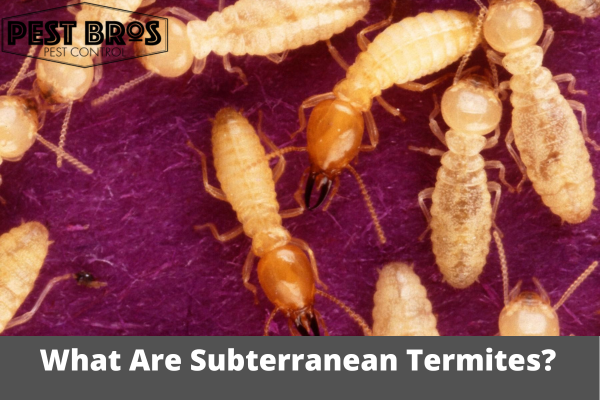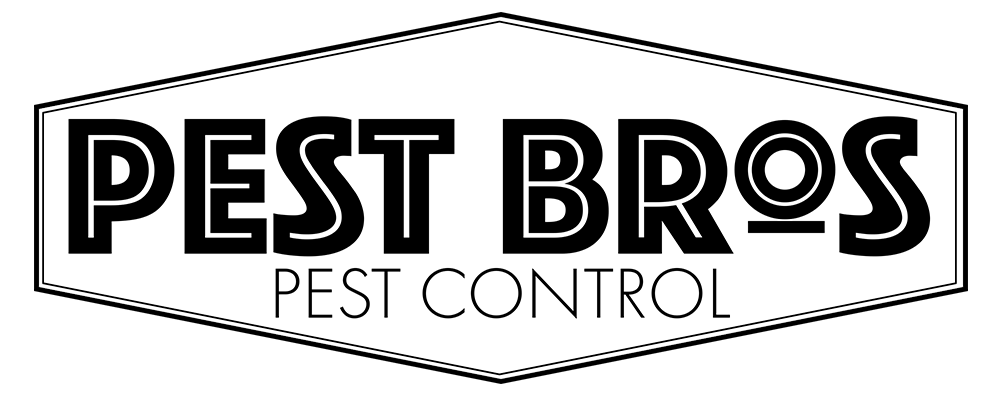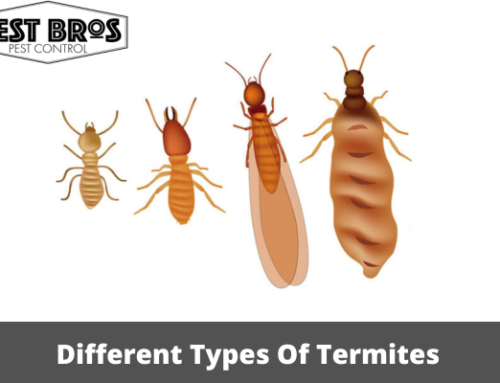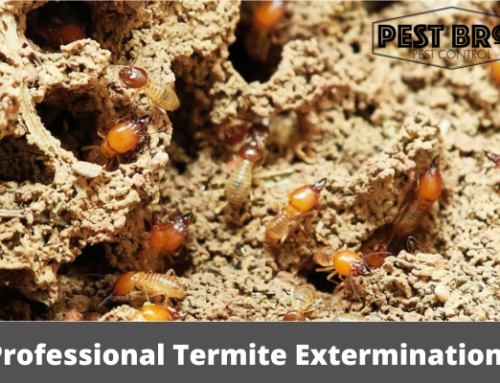

What Are Subterranean Termites?
inform ourselves about them? These tiny creatures play a significant role in our ecosystem. Still, they can also bring substantial damage when they interact with human structures. In this blog, we delve into the world of subterranean termites, exploring their characteristics, habitats, and the signs of an infestation. Understanding these pests is crucial for effective prevention and management if you’re concerned about termite control.


Understanding Subterranean Termites
Subterranean termites are social insects that reside beneath the soil’s surface, forming elaborate colonies that can house millions of individuals. These termites are known for their voracious appetite for cellulose, a component found in plant materials, which they source from decaying wood, plant matter, and, unfortunately, human structures such as homes and buildings.
Characteristics and Identification
Subterranean termites exhibit a caste system comprising workers, soldiers, and reproductives, each playing a unique role within the colony. These termites are typically pale-colored, with a soft body ranging from 1/8 to 1 inch long, depending on the caste. The presence of mud tubes, distinctive shelter tubes made from soil and wood particles, is a key identifying feature of a subterranean termite infestation.
The Habitat of Subterranean Termites
These termites thrive in moist, dark environments, which the soil conveniently provides. The underground habitat offers the necessary humidity and protection from predators and environmental conditions. They construct extensive tunnel systems to access food sources, often leading to the structural timbers of buildings, causing extensive damage over time.
Signs of a Subterranean Termite Infestation
Identifying a subterranean termite infestation is crucial to prevent structural damage. Here are some signs that may indicate their presence:
Mud Tubes
These pencil-sized tubes are a distinctive sign, often found on foundation walls, floor joists, or other structural elements.
Wood Damage
Termites destroy wood from within, leaving behind a thin veneer of timber or paint. Tapping on the wood may produce a hollow sound.
Swarmers
The appearance of winged termites, or swarmers, inside your home strongly indicates an infestation.
Read our new Blog: How To Remove A Wild Opossum From My House
Frass or Droppings
While subterranean termites do not leave behind visible droppings, frass might indicate other termite species are also present.
Prevention and Control
To prevent subterranean termite infestations, take steps like minimizing soil-to-wood contact, maintaining a dry environment, and conducting regular inspections. Consider professional termite control services to manage and eliminate established colonies for adequate protection. These measures ensure the long-term safety of your property.
Conclusion
Subterranean termites are fascinating insects with a critical ecological role. Still, their interaction with human dwellings can lead to extensive damage. Being informed about their characteristics, habitats, and the signs of an infestation can help in early detection and intervention, preserving the structural integrity of our homes. Stay vigilant, and don’t hesitate to seek professional advice if you suspect a termite presence.
At The Pest Bros, we’ve mastered the art of termite control, ensuring your peace of mind. Our team of experts knows termites inside and out, and we’re here to protect your property from these tiny yet destructive invaders. With our state-of-the-art techniques and eco-friendly solutions, we’re not just eliminating termites but preserving your home’s integrity for years.




